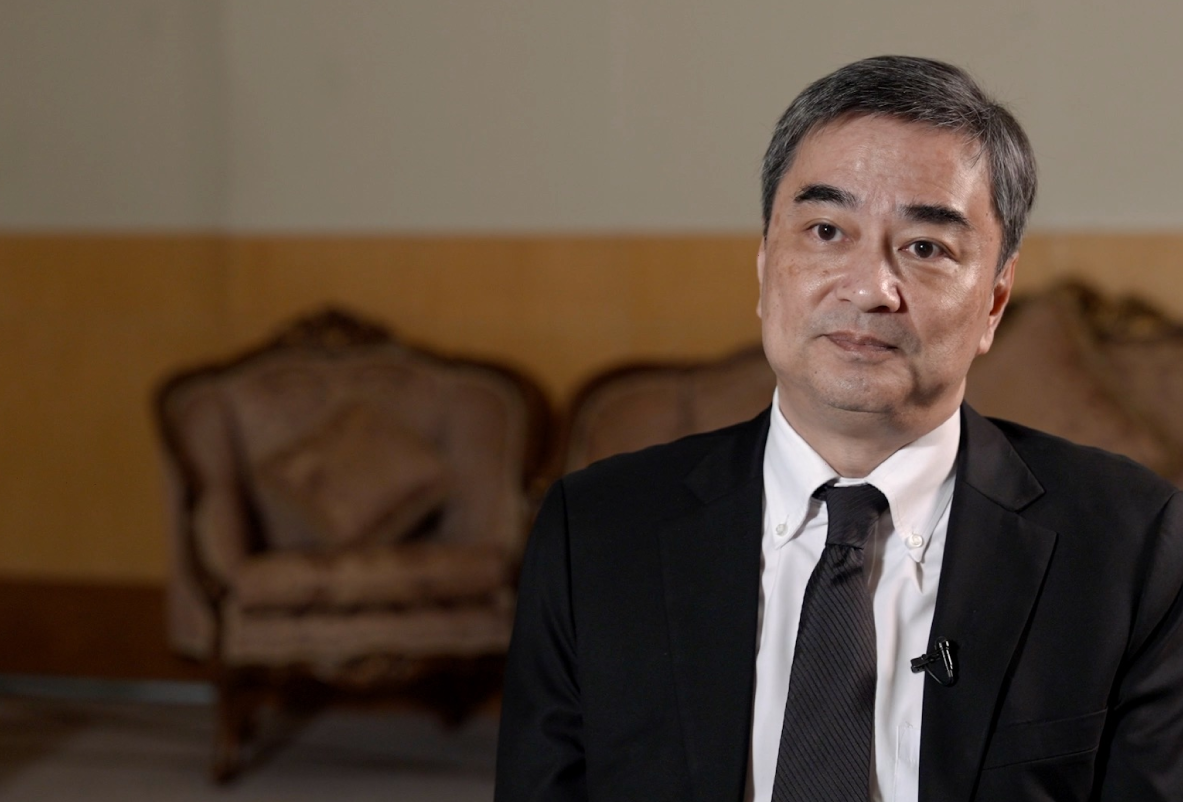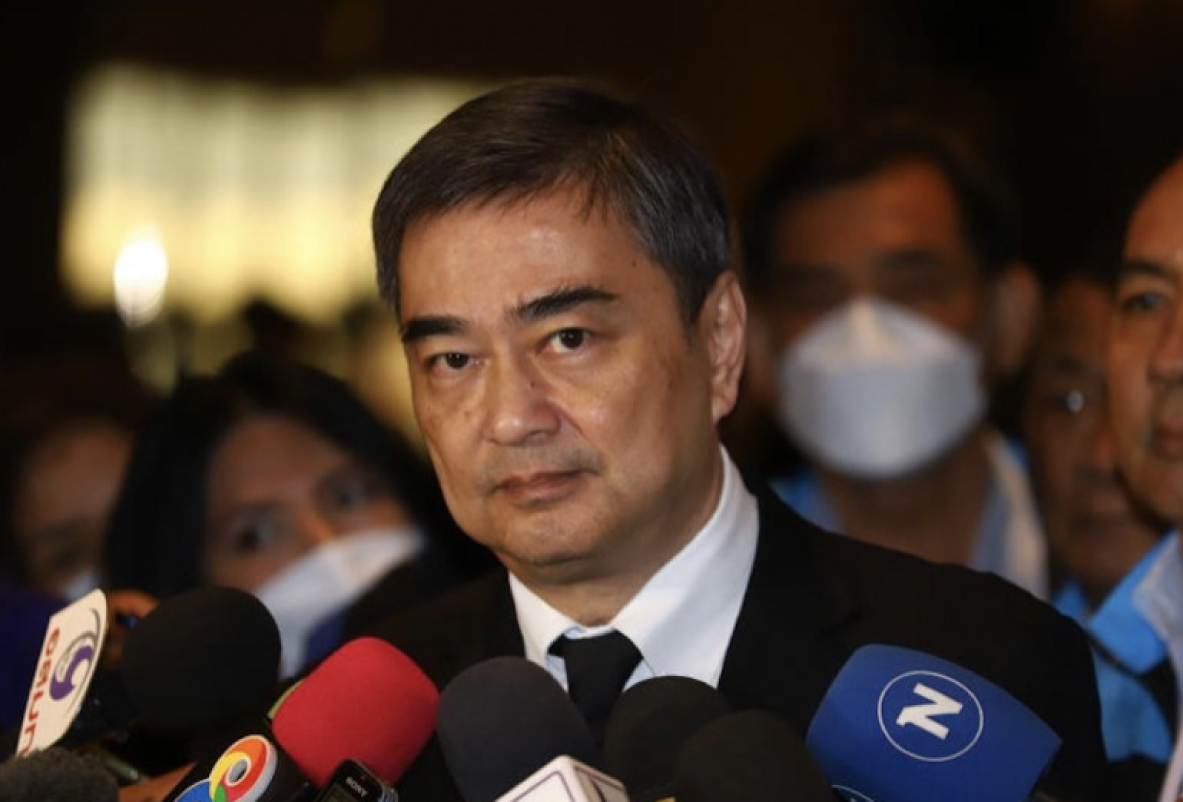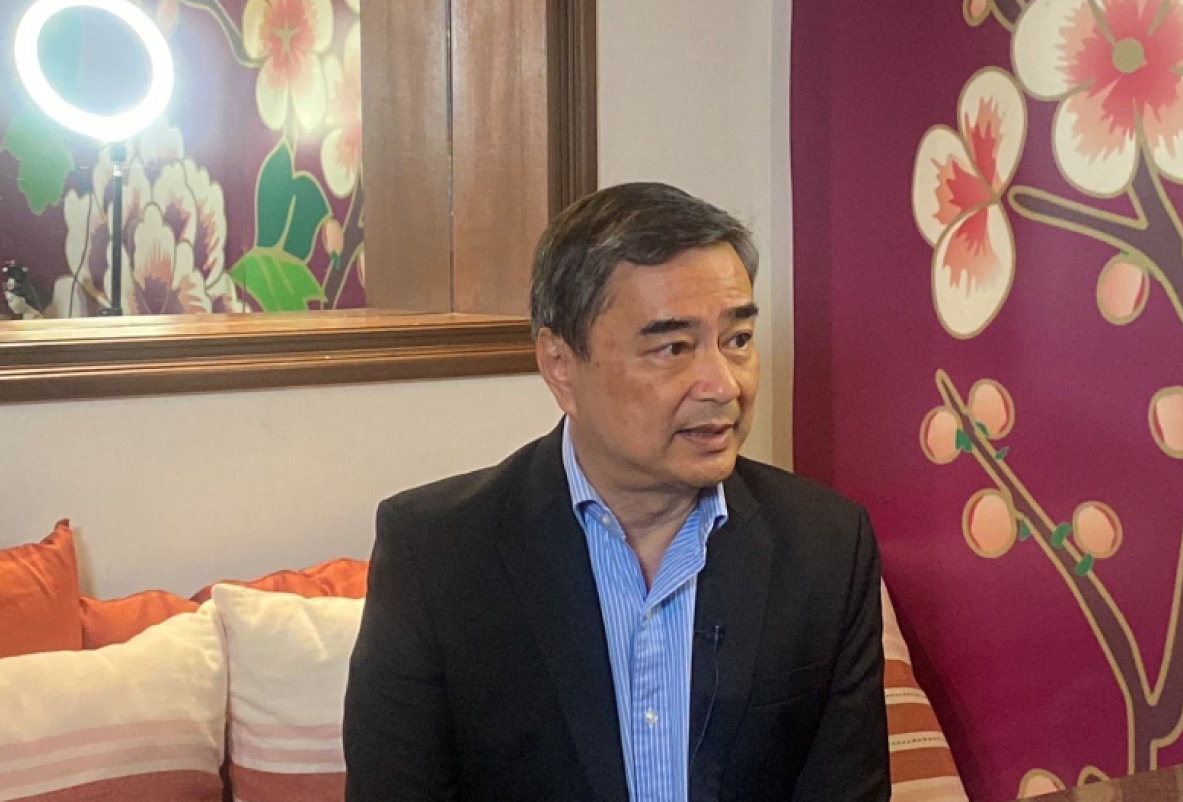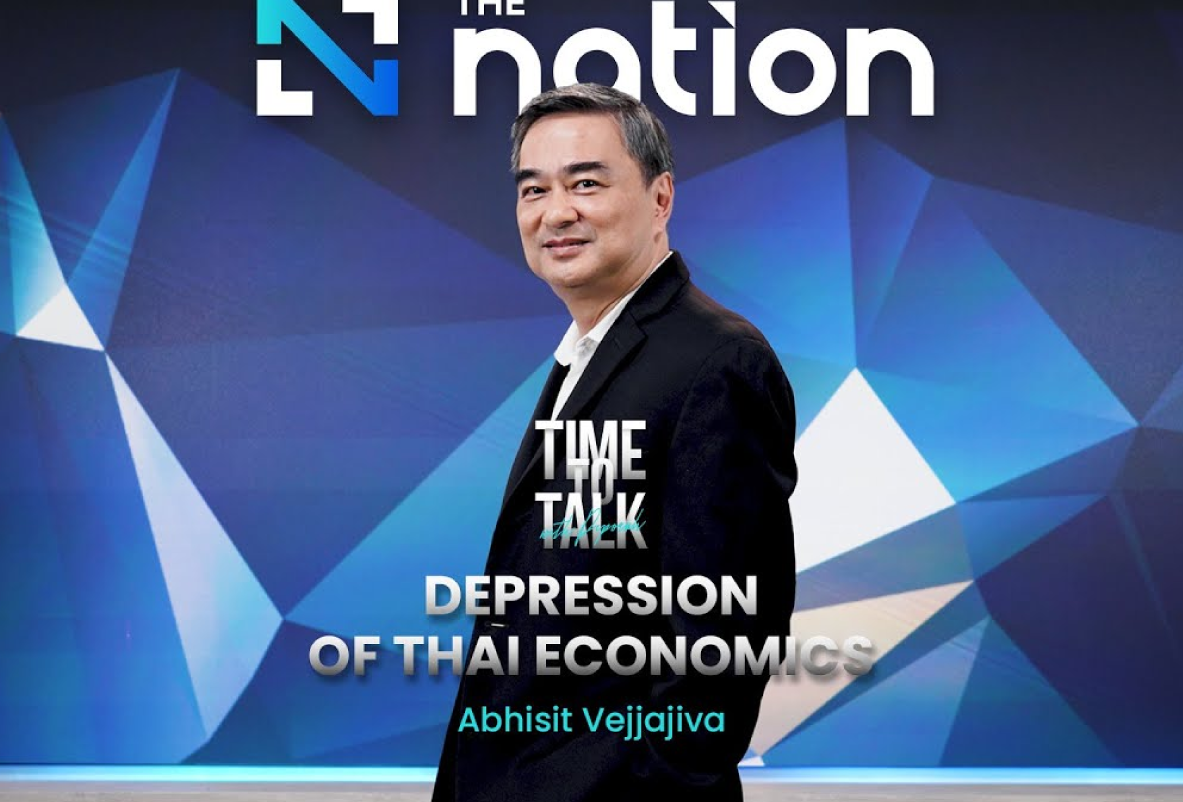POWERING A YOUNG WORKFORCE
As Prime Minister, Abhisit Vejjajiva prioritized education and workforce development as a means of driving economic growth. He implemented policies to improve education quality and access, particularly for disadvantaged groups. Additionally, he emphasized the importance of developing skills and fostering innovation through research and entrepreneurship to create a more dynamic and competitive economy for young people.
HOW THE COVID-19 PANDEMIC WILL RESHAPE HEALTHCARE, THE ECONOMY, LIFESTYLES AND BEYOND
The Covid-19 pandemic shows what we can expect if we are not prepared to deal with things like globalization, technological disruption or disparity. The pandemic has exposed risks and challenges that come with globalization. Across the world, the novel coronavirus and the measures implemented to stem its spread have hit the poor and the marginalized particularly hard. In Abhisit’s session, he gives a broad picture on its effects on our future and what we can do to help to those affected the most.
THE ECONOMICS OF ARTS AND CULTURE
Abhisit Vejjajiva’s government launched the “Creative Economy” initiative in Thailand in 2009 to promote creative industries, including arts and culture, as a way of driving economic growth and job creation. This initiative included policies to support creative businesses, as well as initiatives to promote cultural festivals, art exhibitions, and creative tourism programs.
Abhisit recognized the crucial role of arts and culture in fostering social cohesion and national identity, highlighting the value of investing in this sector to drive economic growth and promote cultural preservation and understanding.
